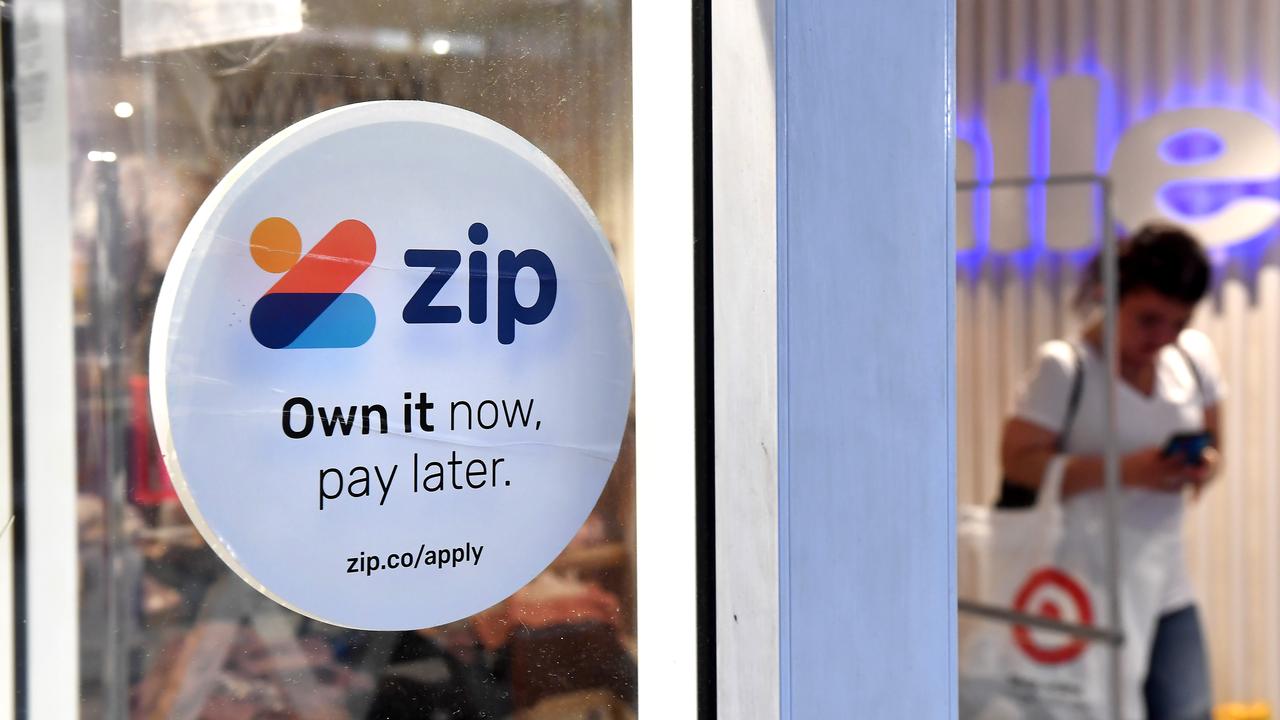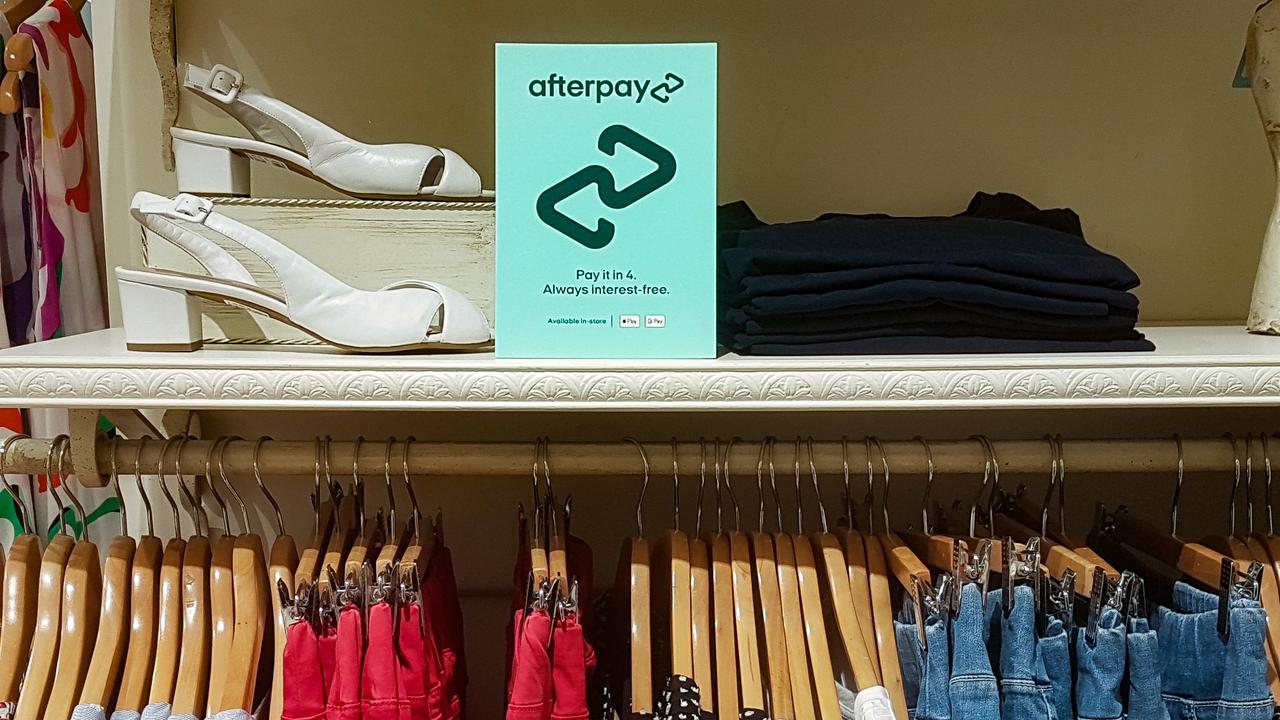Big problem for young people using by now, pay later
A Harvard researcher says if you are using ‘buy now, pay later’ on this, there is a problem – and it’s popular among young people.
Buy now, pay later options appear cost-effective, convenient and are popular among young consumers.
But it’s these consumers that Harvard researcher Marshall Lux warns can’t afford to be hurt.
“Three years ago, people talked about Peloton bikes, now people are buying sneakers, jeans, socks,” Mr Lux, a fellow at the Mossavar-Rahmani Center for Business and Government at the Harvard Kennedy School, told CNBC.
“When people start buying household goods on credit, that signals a problem.”

Want to shop without paying upfront? Read our buy now, pay later guide at Compare Money >
This week more than 100 community groups in Australia, led by Financial Counselling Australia, signed an open letter to political parties and independent candidates calling on the next parliament to make the BNPL market safer.
“We are writing to you about the harm we are seeing from the use of unregulated buy now pay later and wage advance credit products,” they wrote.
The organisations involved in the campaign include financial counselling and legal advice groups, and large charities like Anglicare and The Salvation Army.
Just like Mr Lux, they are “deeply concerned” about people using BNPL “to simply get by” as the cost of living increases.
Customers who miss a payment on BNPL can face penalties, including late fees and deferred interest.
More than 100 organisations have signed an open letter calling on our next Parliament to take action on unregulated #BNPL and wage advance products. https://t.co/i6pxHVsBU0#MakeBNPLSafer@salvos@YouthActionNSW@QCOSS_@TUNSW@_NCOSS_@CaxtonLegal@ACOSSpic.twitter.com/Xv2qfeEgpQ
— Financial Counselling Australia (@FCAupdate) May 12, 2022
They believe a big problem is BNPL providers are not legally required to assess the ability of their customers to repay debts.
“As use of these credit products grow, so does the harm they cause,” the letter read.
“Financial counsellors are seeing large numbers of clients struggling to pay their BNPL and wage advance debts, with many people having become overcomitted, and some having debts with multiple providers.”
They want an independent inquiry to inform new regulatory protections, like in the UK.
The UK had an independent review chaired by former Financial Conduct Authority boss Chris Woodward. It was published early last year.
In December, the US Consumer Financial Protection Bureau announced it was opening an inquiry into Affirm, Afterpay, Klarna, PayPal and Zip.
The financial watchdog said BNPL had seen “astronomical growth” and worried BNPL encouraged consumers to spend more than they could afford.

“For the buyer, it may seem like they are getting something for nothing. And it can be appealing because not only is it convenient but instead of an upfront cost of $100, they pay $25,” CFPB said in a statement in January, calling on the public to make submissions.
“But we are concerned there may be some systemic, underlying problems, particularly around accumulating debt, regulatory arbitrage, and data harvesting in a consumer credit market already quickly changing with technology.
“For some people, BNPL could look like a standard payment method when they are really taking on a new form of debt.”
According to Mr Lux, without much regulatory oversight the BNPL market currently exists in “a legal grey space”.
“Let’s stress-test this,” he said. “It has the potential to be a pretty big bubble.”
A Reserve Bank of Australia report found the two largest listed Australian BNPL providers had around six million active users as of December 2020.
In a survey conducted in 2021 about credit card usage in Australia, 67 per cent of respondents who were part of Generation Z said they had used buy now pay later services in the last six months, according to Statistca.






